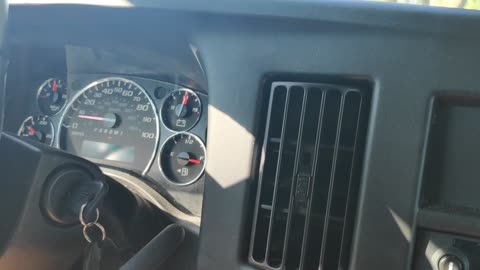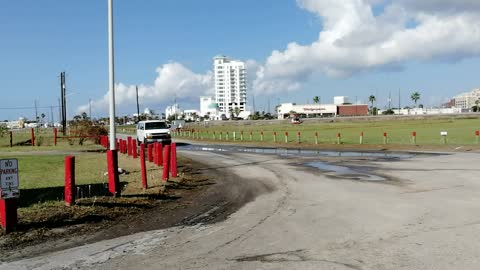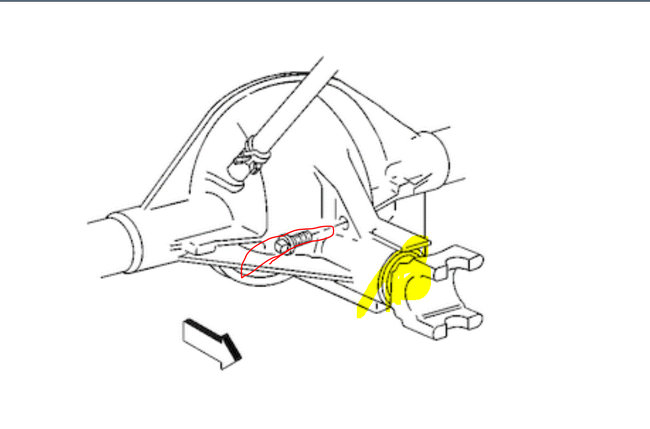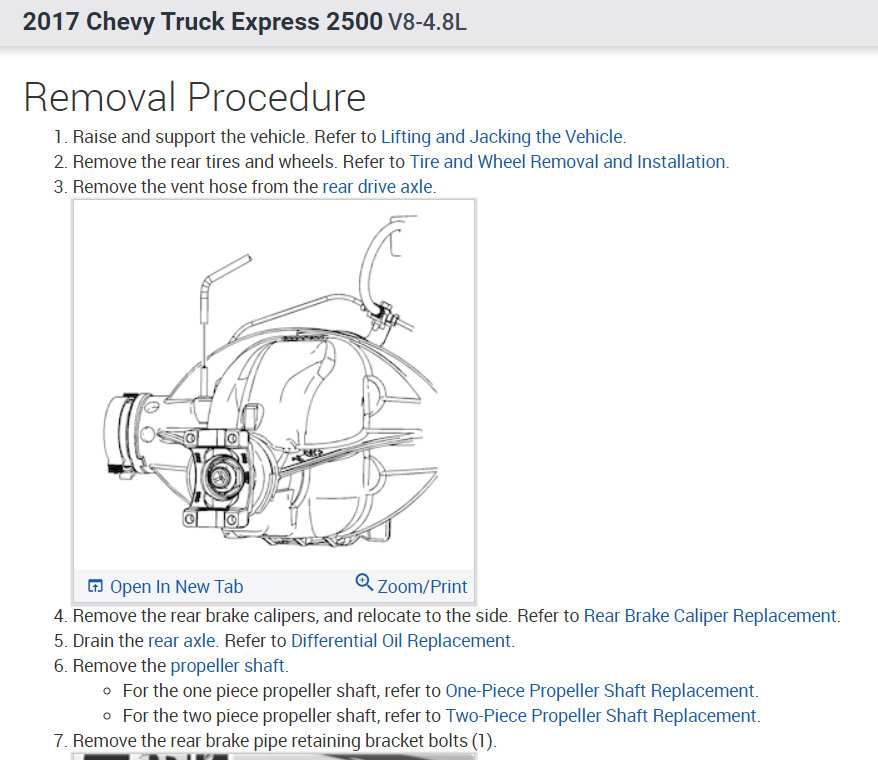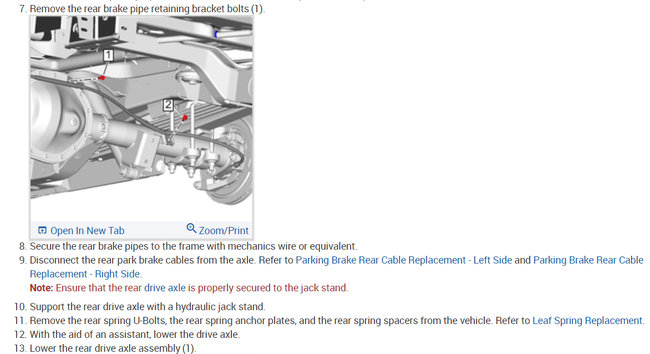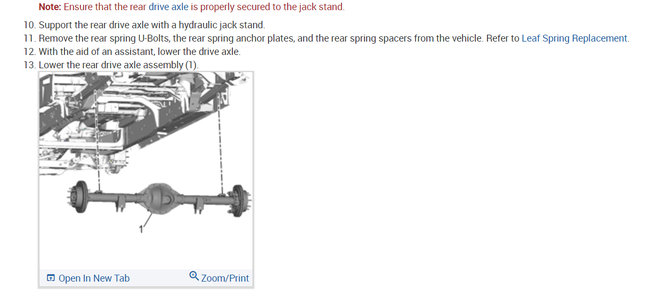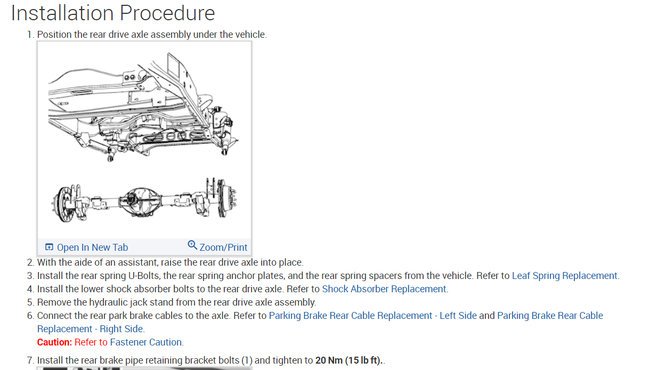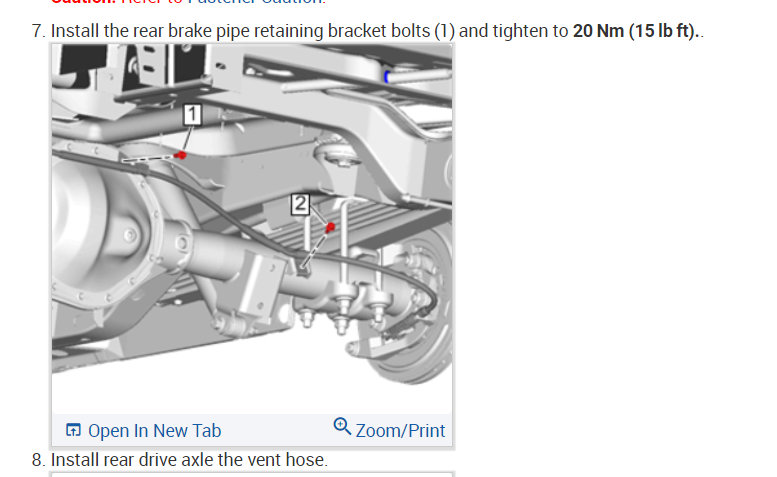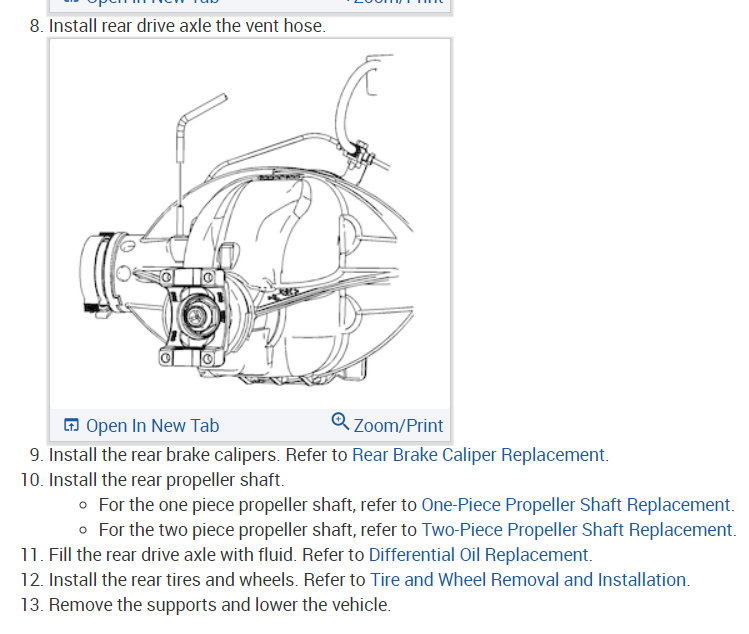Hi,
The sound certainly sounds like a bearing. Now, you said it seems to be coming from the rear. Do me a favor. First, look behind the tires/wheels on the rear and see if anything appears to be leaking. If it is in the rear, it could be an axle bearing. Most times it will cause a leak of gear lube from the differential and leave evidence.
Next, confirm the rear differential is full of oil (gear lube). I attached a pic below and circled the fill plug. It is on the passenger side of the differential. Remove the plug and fluid should be to the top of lower portion of the plug threads. Also, the part that I highlighted has a bearings and a seal. See if anything is wet there.
____________________________________________________
Also, take a look through this and try what is suggested.
_____________________________________________________
Bearing Noise
Faulty bearings produce a rough growl or grating sound, rather than the whine typical of gear noise. Bearing noise/hum will pulsate at a constant vehicle speed. This indicates a bad pinion or a bad rear axle side bearing. This noise can be confused with rear wheel bearing noise. Inspect and replace the bearings and the affected components as required.
_________________________
Rear Wheel Bearing Noise
A rough rear wheel bearing produces a noise which continues with the car coasting at low speed and the transmission in neutral. The noise may diminish some when the brakes are gently applied. The noise may also change when performing side-to-side maneuvers with the vehicle.
A rough/noisy rear wheel bearing can be heard by spinning the rear wheels by hand and listening at the hubs for the noise. Inspect and replace the bearings and the affected components as needed.
____________________________________________________
Since there doesn't seem to be a change when turning, it's likely coming from the rear of the vehicle. However, in addition to rear wheel bearings, there are several others.
Let me know what you find or if you have other questions.
Take care,
Joe
Image (Click to make bigger)
Saturday, September 26th, 2020 AT 5:24 PM
